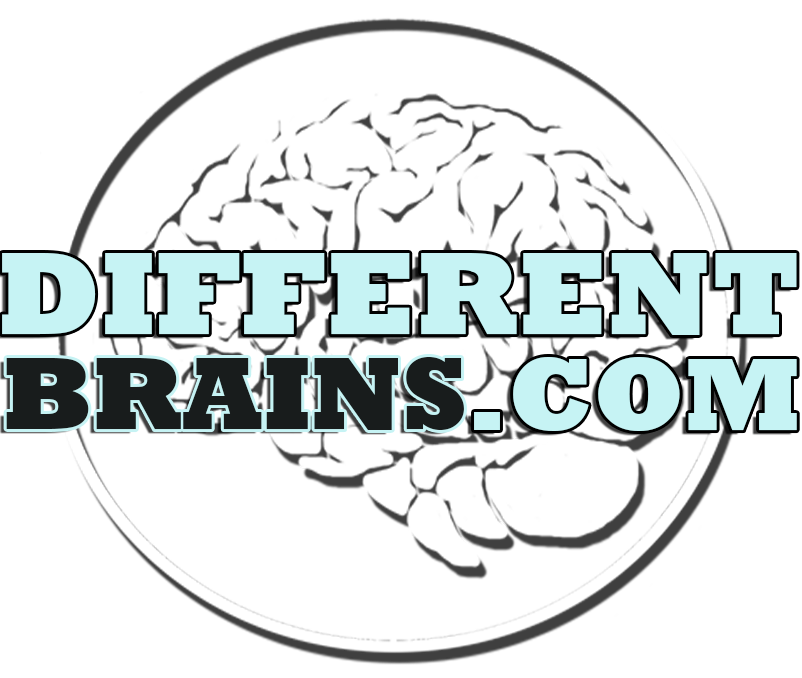EXECUTIVE FUNCTIONING HEALS ITSELF…
The pre accident executive function of the survivor will play a role in that this is the gold standard; that elusive restored executive. The survivor should not be expected to return to a state that they did not occupy prior to the accident. The process of thinking about something, in my experience, has become much more mechanical after an accident. What you think about is, of course, your choice, however, a good starting point is one’s activities of daily living. The situation should be allowed to remain in active thought for a longer period than had previously been expected.
No judgement should be passed on the quickness of decision making especially at the earliest stages. Rather the process needs to be done thoroughly and until all options are evaluated. This time of pondering and self-evaluating the options is what rehabilitation consists of, and which is accessible to all. This is the whole key here. Having your mind keep focusing on a decision area even when everyone else is moving on.
“THIS IS THE GOLD STANDARD; THAT ELUSIVE RESTORED EXECUTIVE FUNCTION"
You are now a survivor. You did not ask for or seek this position, rather it has been entrusted to you. You are starting your life over. This new life will have many features that your old did not. Look for the positives though, there are a number for sure. Like who has any expectations of you now. If you had a bad accident there will be none. In reality there are few expectations of survivors after
a serious brain injury. So one must relax and realize that the prior societal emphasis for money and position is somewhat unattainable now. So just relax and live life enjoying each and every small moment.
This is not a statement that provides you with an excuse not to try at all, but rather one in which each step must be calculated and in your own best interests. Satisfy yourself with doing a few tasks really well. Some of these tasks could possibly turn a profit later, but this is not really the point. The point at a later stage of rehab is to enable sufficient independent functioning using your perhaps now misshapen executive to function as a human being. Initially, these losses will probably be significant. From my own experience though I have seen how having just the basics of these skills can be a good starting point. Using what executive function you are entrusted with at the earliest stages of rehab is important.
"YOU ARE NOW A SURVIVOR. YOU DID NOT ASK FOR OR SEEK THIS POSITION, RATHER IT HAS BEEN ENTRUSTED TO YOU. YOU ARE STARTING YOUR LIFE OVER."
Doing laundry is something everyone requires. Using your executive function to sort your socks is a basic building block of your new brain. Checking your toilet paper before you go shopping and making a list each time you go are also important steps in re-organizing your brain. There are numerous other examples of using your executive function in your activities of daily living so as to make their repetition here unnecessary. Other more sophisticated examples include when you note that the air is cooler and look at the chair you are going to sit in and see that there is not a sweater nearby, so you go to the room where you know there is a sweater and put it on before going to sit in the chair.
These tasks may be done after more simple tasks such as remembering your keys when you leave the house or remembering your hat when you go out. Both of these sorts of tasks should be seen as the initial building blocks for more complex decisions. Where you are going to live for the rest of your life or how you will address your deficit coping strategies…: these are the more challenging life issues that need to be addressed after all the back to work rhetoric is over. There should be some back to life rhetoric going along with all the back to work talk. Your executive function should be made to work for you. To assist you in your activities of daily living, These seemingly facile things are the beginning points of having a good working executive function again.
"IT IS TIME ONCE AGAIN TO TRAIN THE BRAIN... AN EXECUTIVE FUNCTION DOES NOT MIRACULOUSLY RETURN WITHOUT SOME INPUT."
The long held theory that the use and need of a function facilitates growth of neurons is used in this practise. In my experience the premise that this rehabilitation of the executive function comes naturally and either you have it or you don’t is false from my perspective. A good executive function can be nurtured. The pre-existing abilities should be noted here as this is the best endpoint that anyone can hope for. Sometime should be set aside each day in order to facilitate the restoration of these functions. This should be done with a minimum of distractions and without other thoughts being in mind. Setting some time aside each day to recap the day’s events and re-analyze them should be a priority.
Start small and slowly. When you are in the hospital perhaps a recap of the day’s session with the therapist is in order. Later as you get more freedom you will need to be responsible for more of your own time and so I would suggest setting a time aside each day for this activity. Once you are in the habit, you come to enjoy this time of reflection as the time that is your time. Gradually this can increase: it is time once again to train the brain. This is why one goes to school for so many years. To train the brain. Is it any wonder after an accident that a person would need more than one year to retrain their brain?
An executive function does not miraculously return without some input. This is one of the largest misbeliefs currently in ABI rehab. Each survivor has their own skills for sure but there is this whole other area of directed thoughts that must be captured in the rehab process.




